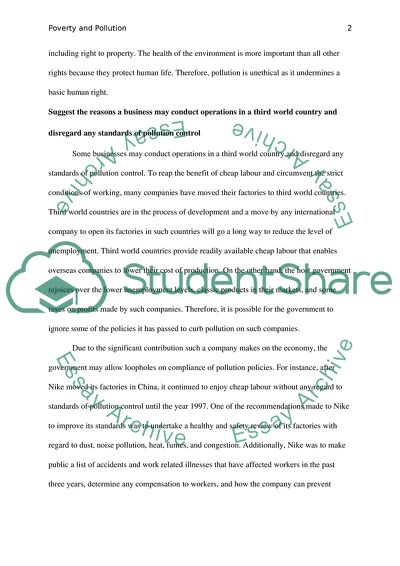Cite this document
(“Poverty and Pollution Essay Example | Topics and Well Written Essays - 1750 words - 1”, n.d.)
Retrieved from https://studentshare.org/environmental-studies/1601376-poverty-and-pollution-case-study
Retrieved from https://studentshare.org/environmental-studies/1601376-poverty-and-pollution-case-study
(Poverty and Pollution Essay Example | Topics and Well Written Essays - 1750 Words - 1)
https://studentshare.org/environmental-studies/1601376-poverty-and-pollution-case-study.
https://studentshare.org/environmental-studies/1601376-poverty-and-pollution-case-study.
“Poverty and Pollution Essay Example | Topics and Well Written Essays - 1750 Words - 1”, n.d. https://studentshare.org/environmental-studies/1601376-poverty-and-pollution-case-study.


